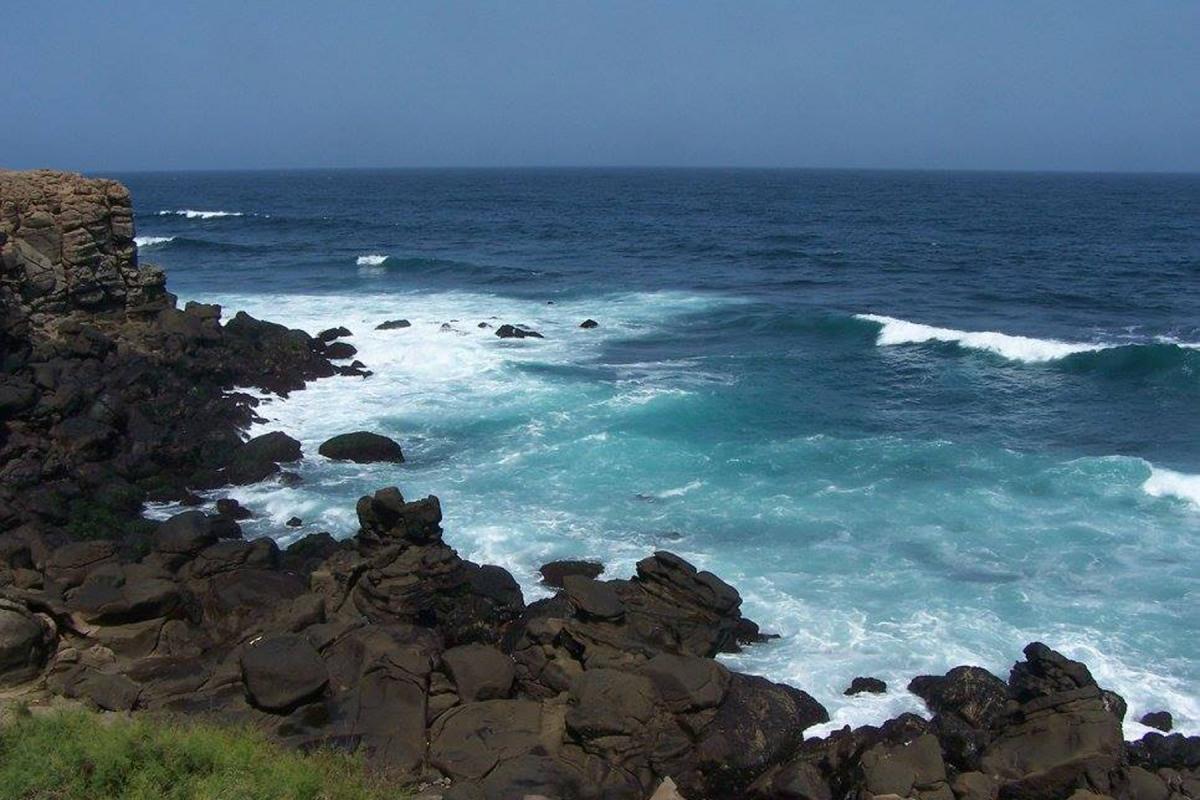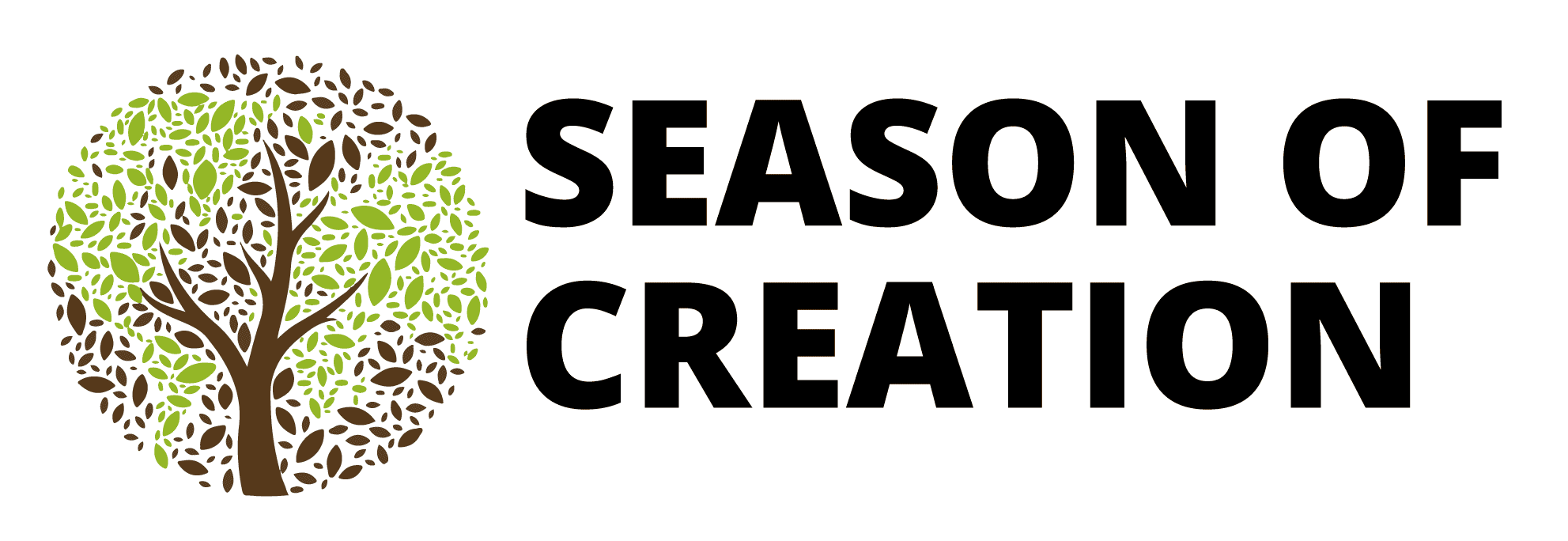Let no debt remain outstanding, except the continuing debt to love one another, for whoever loves others has fulfilled the law. The commandments, “You shall not commit adultery,” “You shall not murder,” “You shall not steal,” “You shall not covet,” and whatever other command there may be, are summed up in this one command: “Love your neighbor as yourself.” Love does no harm to a neighbor. Therefore love is the fulfillment of the law. And do this, understanding the present time: The hour has already come for you to wake up from your slumber, because our salvation is nearer now than when we first believed. The night is nearly over; the day is almost here.
During the Season of Creation, the Christian family is united in a liturgical time of prayer and action to care for creation. Data confirms that if we do not change our economies and lifestyles of consumption, the effects of climate change will be disastrous, beginning with the most vulnerable. Climate change will cause planetary systems to fail, economies, and food systems to break down, leading to more loss and damages, greater climate migration, and increased conflict over resources. If we want to avoid that disruption of society, then we need to care for the integrity of creation.

“Jubilee for the Earth” is the 2020 theme for the Season of Creation. Photo: LWF/Chad Rimmer
Many of us ask, why do the facts not motivate more people to change their behavior. Part of the explanation may be the grammar of the law. The grammar of the law is transactional and conditional: “if…then…”. If you do this properly, then I will love you. The conditional nature of the law creates anxiety that you will fall short. In the case of climate change, it can create eco-anxiety. The law can paralyze us with fear.
But the gospel liberates us with the grammar: “because…therefore…”. Because God loves you unconditionally, therefore you are free to love in whatever way gives life. Grace changes everything.
In the Romans passage, Paul says, “because our salvation is nearer now than when we first believed…therefore love is the fulfillment of the law.” Wake up from your anxiety! Because God loves you, you are free to love your neighbor.
Once a lawyer, well trained in legal grammar, challenged Jesus on this point by asking him, “who is my neighbor?” Many people still raise the challenge: how does the gospel relate to my relationship to creation? The answer lies in our response to the question, “who is my neighbor?”
We have learned many lessons during the COVID-19 pandemic. Perhaps the most universal experience has been related to social distancing. We have seen how prolonged distancing from human beings can diminish our emotional well-being and create acute crises in mental health.
But what about our physical distance from non-human creation? Physical distancing from the non-human members of the Earth community also diminishes our physical and mental well-being, and is the root of all sorts of economic, political, social and ecological disintegration. Human beings have been socially distancing from the non-human members of society for far too long. Do we still conceive of non-human creation as part of our society? Are not the animals, plants, rivers and mountains our neighbors? Are we not freed from economic gain and consumption to love these non-human neighbors as ourselves?
We are motivated to do our part to abate the COVID-19 pandemic so that we can restore the social disruption, with a renewed appreciation of being able to love our neighbors through normal daily social interactions and in worship. But do we yearn to restore right relationships with our non-human neighbors?
This Season of Creation, the theme of Jubilee is an invitation to contemplate the integral ecology of relationships that are necessary to sustain life on our planet. Reforming our economic, political, and social systems in just ways that allow the Earth to rest requires courage and the freedom for moral imagination. Our ecological turning begins by seeing creation as part of our society, that is diminished by exclusion and distancing.
We hope that this season of prayer and action will motivate us to nurture a spirituality of Earth-keeping, when the gospel frees us to love our non-human neighbor as ourselves. And Paul says, love moves us to do no harm to a neighbor. When we wake up to this call of the good news, our salvation will be “nearer now than when we first believed.”
Many churches in the ecumenical family observe the “Season of Creation” (also known as Creation Time) between 1 September and 4 October, the Feast of St Francis of Assisi, as observed by some Western traditions. For the Lutheran communion, this liturgical season of prayer and action is an opportunity to affirm LWF’s commitment to address a central crisis of our time – climate change. “Jubilee for the Earth” is the 2020 theme for the “Season of Creation”.
